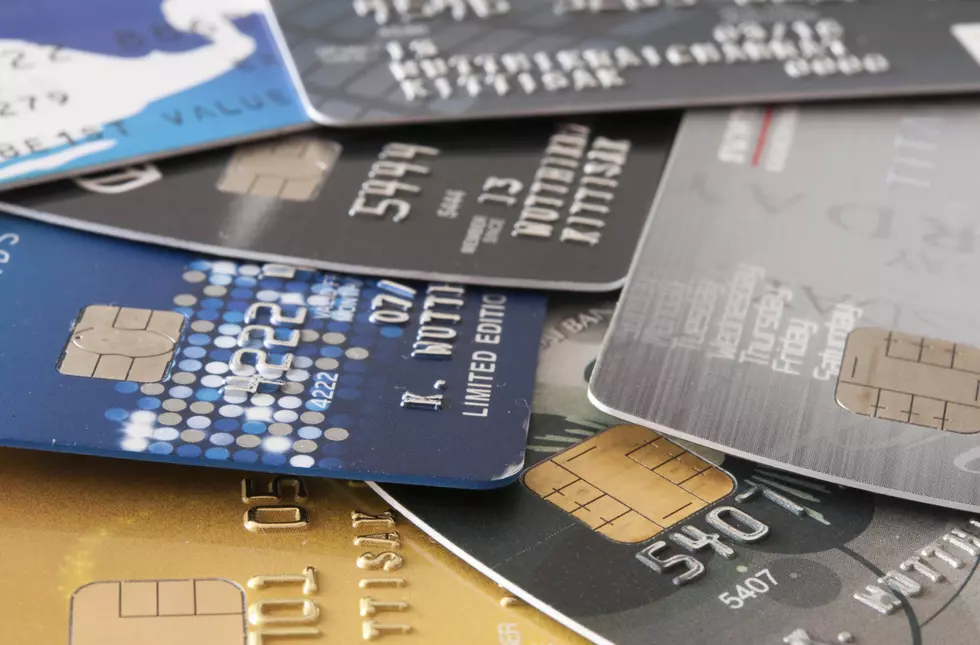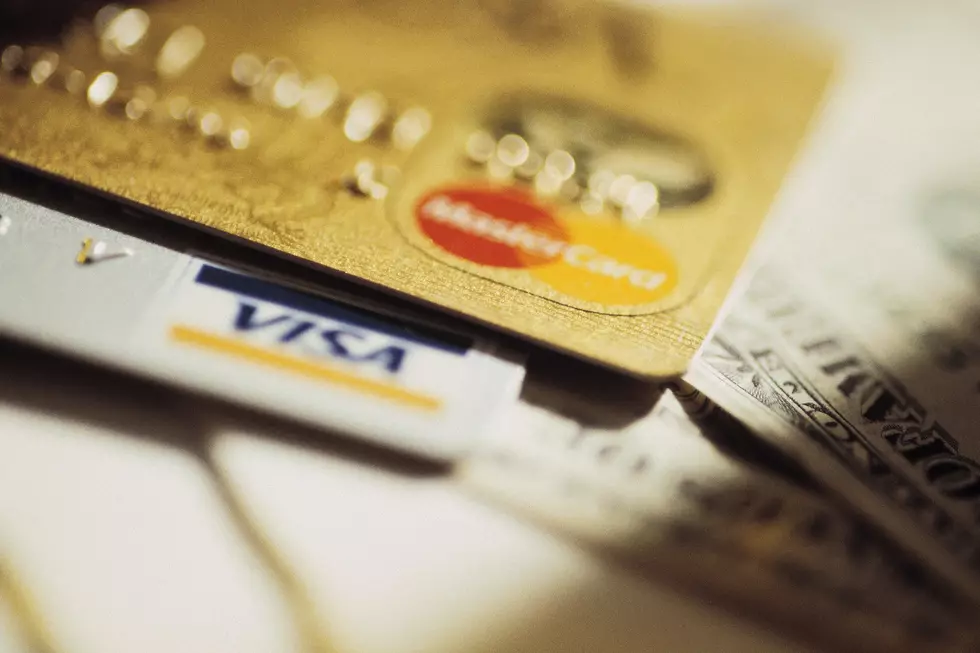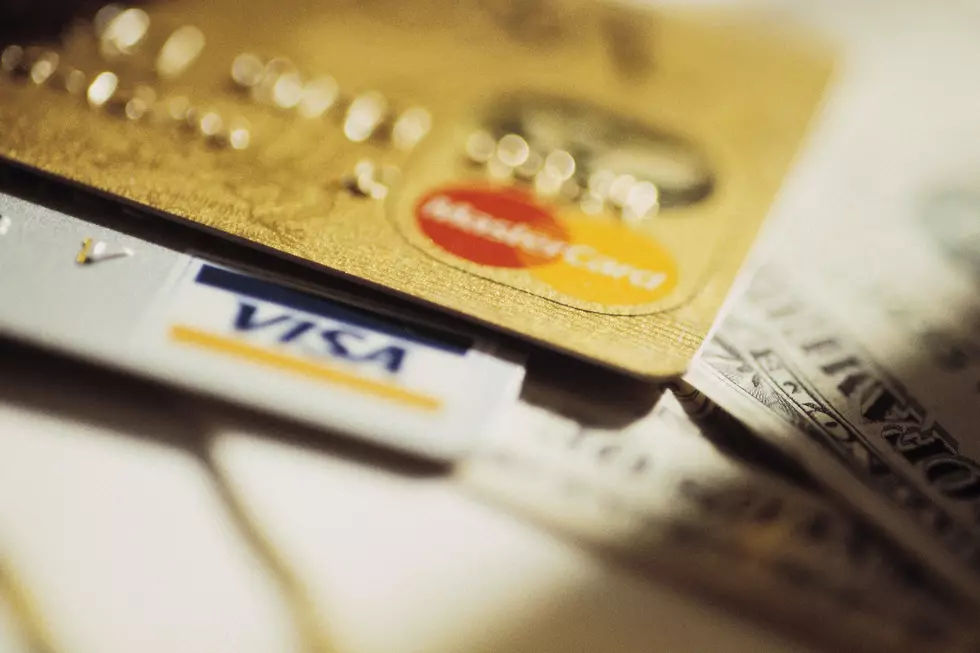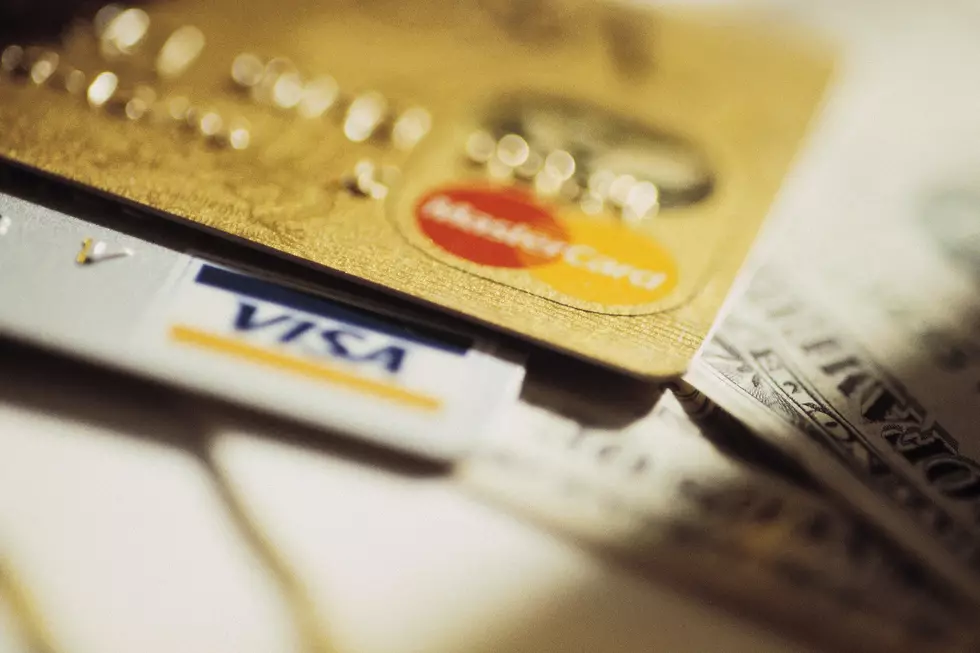
Credit card debt creeping up to pre-recession levels
A new study finds average credit card debt per household has been creeping back up to where it was right before the great recession.
CardHub's study found consumers charged up a huge $52.4 billion in debt in the fourth quarter of 2015, meaning average household card debt right now is $7,879. And we started 2015 in decent shape, as tax refunds and salary hikes and 2014 bonuses helped pay down that credit card debt, the study shows. In fact, CardHub says credit card charging in the second, third and fourth quarters of last year were the largest since they started keeping score.
Bruce McClary of the National Foundation for Credit Counseling says many people are just not saving enough.
"They have less than $400 set aside for an emergency expense," McClary said, calling it a troubling trend. "That is just a setup for disaster down the road, because then the balances increase, the payments become harder to make, and people start falling behind."
McClary said when the unexpected big expense hits, "people start falling back on the credit cards when they do not have any personal savings."
He said there are a number of reasons behind the increased use of credit cards.
"A lot of people are just using them to make up for regular expenses that their budget does not accommodate," McClary says. "We have seen that wages have not really increased a lot. There has still been in many areas of the country where there are still levels of unemployment that are particularly high, and budgets are stretched. So people start falling back on the credit cards when they do not have any personal savings set aside."
He said credit is readily available, and it is just too tempting, and people are starting to run those balances up. The CardHub study found that collectively, we owe more than $900 billion on the cards, and we haven't been at that level since 2007.
McClary has some ideas for paying off those big card balances. He says the best way to turn things around is for cardholders to take a look at their budgets and see what they can do to streamline their budget. Then, take any of the unnecessary expenses out or reduce them.
In addition, cardholders should make sure they have a plan to stop relying on credit.
"Stop using the credit card, and then, 'power pay -- put together a plan to take all of your extra money and power pay that balance and get it down to zero," he suggested.
He said paying down that credit card debt is not going to happen quickly in most cases, but it needs to be something that people stick to. Once the debt is minimized, he said, consumers should begin taking steps to save money.
Joe Cutter is the afternoon news anchor on New Jersey 101.5.
More From New Jersey 101.5 FM









